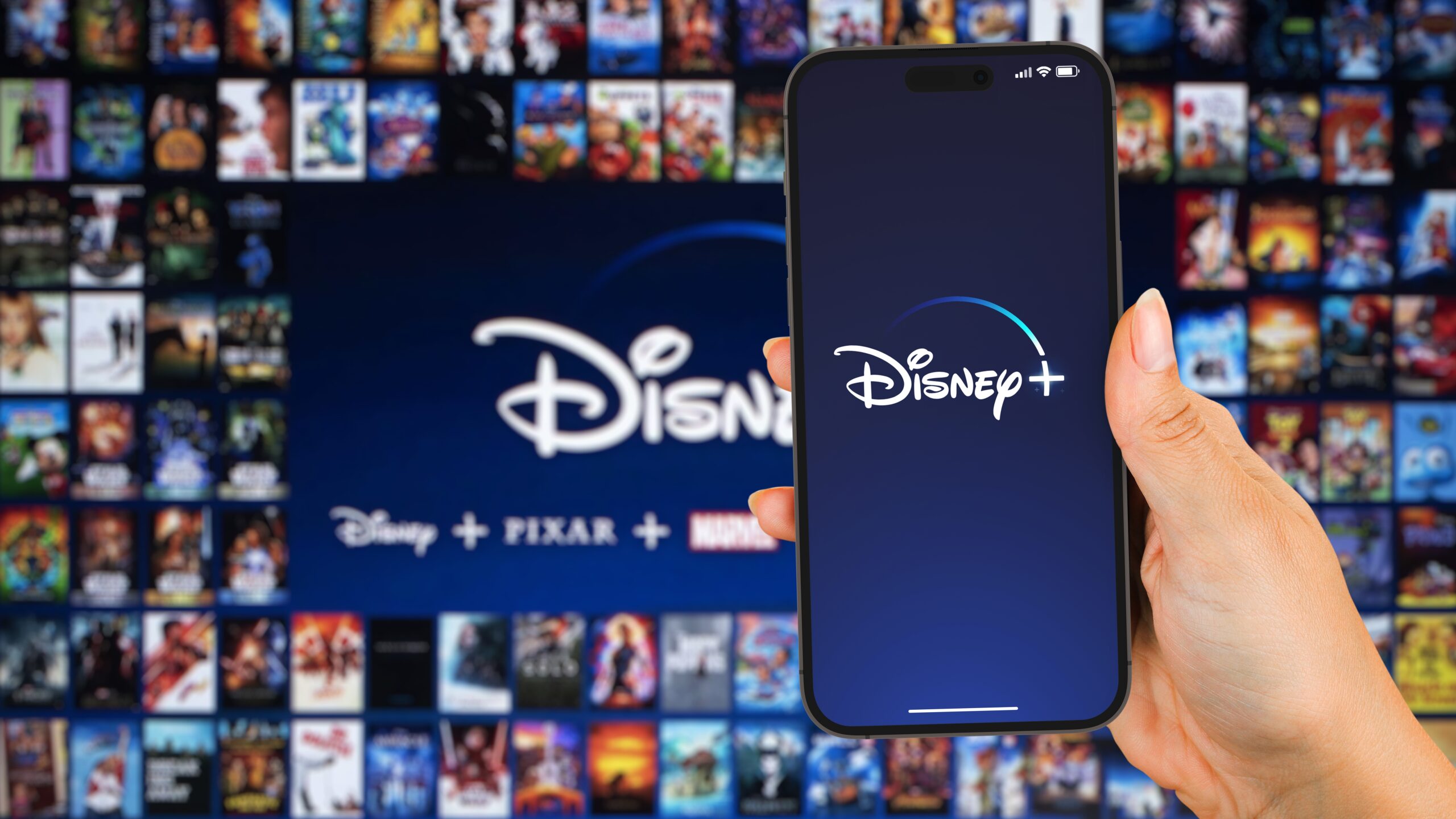Disney is making $5.5 billion of spending cuts as years of mismanagement and internal strife finally catch up to it. The fifty workers in its metaverse team are collateral damage of a civil war that has rocked the house of mouse to its very foundations.
Wider problems at the corporation include the loss of 2M Disney+ subscribers and poor box office returns for tentpole feature films including Pixar’s Lightyear and Marvel’s Ant-Man Quantumania. In Florida, a political battle with governor Ron DeSantis has resulted in the revocation of Walt Disney World’s special tax status.
The wrong narrative. Again.
When Disney confirmed its metaverse division would be cut at the tail end of March, some mainstream media outlets struggled to contain their glee. The story offered further fuel for the “metaverse in decline” narrative that many outlets have been pushing in 2023.
The narrative can be summarized thusly: job cuts at Meta, metaverse-related job cuts at Microsoft, and the loss of the metaverse division at Disney. Together these disparate incidents offer the kind of tantalizingly simple pattern that even the most uninspired journalist can spot and delight in reporting on.
The only problem is the omission of further pertinent facts which led to these events. In the case of Meta, the company hired aggressively during lockdown when technology and social media use was at its peak. The end of lockdown and a change in Apple’s terms of service significantly reduced Meta’s advertising revenues, necessitating cuts at the firm.
Microsoft recently cut its AltspaceVR offshoot as part of a wider round of layoffs. Microsoft bought out AltspaceVR in 2017. AltspaceVR was facing closure due to financial problems at that time. As a division of Microsoft the beleaguered firm failed to turn around its fortunes. Most people had never heard of AltspaceVR before the chop came, and that explains why it came.
As for Disney, it is currently engaged in a corporate civil war.
King of the dumpster fire
In February 2022, Disney CEO Bob Chapek announced that Disney would enter the metaverse. Chapek had replaced the previous CEO, Bob Iger, just two years earlier. With much excitement and hype, Chapek hailed the move as “the next great storytelling frontier.”
One year later and Bob Chapek’s predecessor also becomes his successor. Bob Iger returns, unceremoniously ousting Chapek from post to reclaim his place at the head of the organization. In an extraordinary move, board members fire Chapek on a Sunday night while attending an Elton John concert. He is told not to come in on Monday.

The exact reasons for the firing of Chapek remain unclear, but come amid a multitude of problems. Disney’s streaming platform Disney+ is losing subscribers fast: in February it was announced the company lost 2.4 million subscribers since just last quarter. A host of movies across divisions including Disney, Pixar and LucasFilm have underperformed.
In Florida, the corporation’s opposition to the Parental Rights in Education Act has engendered the ire of governor Ron DeSantis. In retaliation DeSantis revoked the special tax and administrative status of Disney World. The governor recently warned that he’s not done with Disney, saying: “You ain’t seen nothing yet.”
Bye Bob, hello Bob
Iger may be perceived as the cuddlier of the two Bobs, but his return to the top spot has been far from cosy for Disney employees. The returning Iger later tells senior management they must cut 7,000 staff from the corporations’ wage bill as part of a wider restructuring program.
The restructuring, which is now underway, will erase every division set up by former CEO Bob Chapek.
The fifty workers of the metaverse team are simply unfortunate collateral damage of corporate machinations resembling something from a George RR Martin novel. Years of mismanagement and internal strife have finally caught up to the organization and the axe must now fall.
Other executives including Victoria Alonso at Marvel have been chopped already while Kathleen Kennedy of LucasFilm is also said to be on notice.
Sadly, most of the workers now losing their jobs are not so senior and have had little to do with the problems the corporation is now facing.









 and then
and then